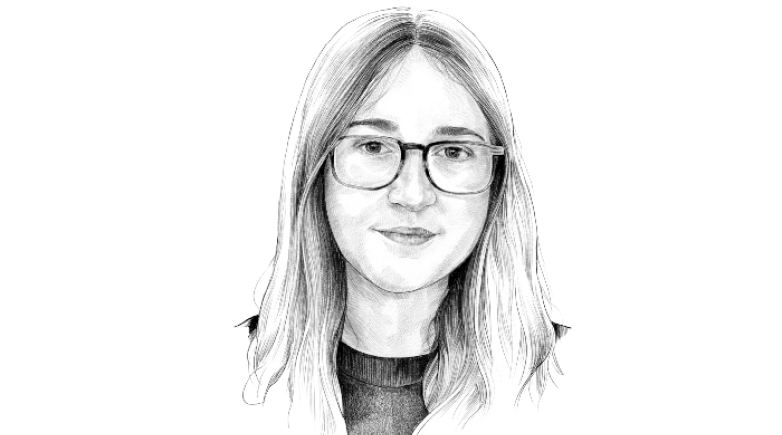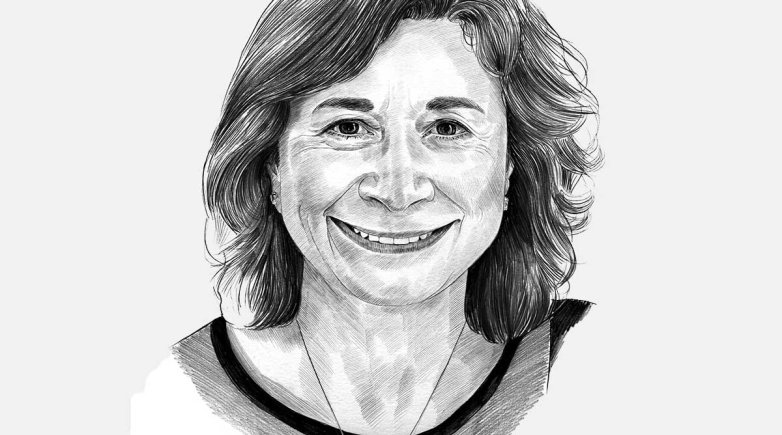Finis Origine Pendet: Noah's Wife
The dreams came often. When they arrived, spilling over with tangled instructions, Noah held his tape recorder to my mouth and so I woke to the smell of plastic, the heat emanating from his palm, as if he could capture what I saw: bees in hexagonal formation; tidal waves and corpses withering; sapling trees sped up into big oaks; red coral and water on fire.
“These are important, wife,” Noah would say, jotting notes into his big black notebook, charting numbers and lines. He took my temperature, my blood pressure, dilated my eyes. Each morning I woke not to sunlight across my face but his hands hovering near me, as if to pull the word-songs from my speech and hold them tight. He scrawled them down and posted what he discovered on his online forums, the ones making plans for the world ending.
“I think He’s speaking to you,” Noah said, those first mornings when I woke up fumbling with the covers, spilling my glass of water, startled by my own voice as if it was pulled from me.
I preferred not to think of source. There was my nightstand table, the same as ever. Bottle of melatonin. Stacks of paperback books I never read. A layer of dust. A photo of Noah and I, his arms around me at Coney Island. Behind us, bright blue sea.
The night he came home reeking of beer, with lipstick stains slashed across his neck, I decided my sleeplessness. Not sex he wanted but the blurred outlines and instructions, the cubit measurements and Latin names.
“Do we bring the elephants,” he kept asking, but I would not dream an answer. I paced the house, kept the kitchen lights on, opened and closed the fridge door. I poured glasses of milk and spilled them into the sink.
“Please sleep,” Noah begged, though he still had not wiped the lipstick stains off his neck. Noah, who did not or could not remember his dreams, who rocked and prayed for signs and symbols, and got nothing. He tried blue lotus tea and charms under his pillows, drank poppy seed tinctures, saw mediums and oracles — women in Queens with big blond hair who snapped their gum. They said, “Listen, honey, you’ve got to let go, the dreams don’t come to those who cling.” Under their breath, to me, they said, “Let me know if he gives you trouble. I’ve got something for that.”
All I knew about the dreams is that I liked being inside of them. I did not need to know their source. Just that I felt gathered instead of fragmented, watching deers running through forests, dipping my dream hands into humming rivers, even watching the forests burn.
When the dreams showed the destruction, the chaos and the cataclysms, I liked that, too. There was always a small crack in the pain — light pouring through, as if to scoop me up and say, “Even during this, you’ll be safe.”
In my dreams, Noah was nowhere to be found.
Raisa Tolchinsky is the 2022-23 George Bennett Fellow writer-in-residence. This piece is excerpted from the manuscript she is working on this year, about the unnamed women of the Bible.
Editor's note: This article first appeared in the winter 2023 issue of The Exeter Bulletin.



